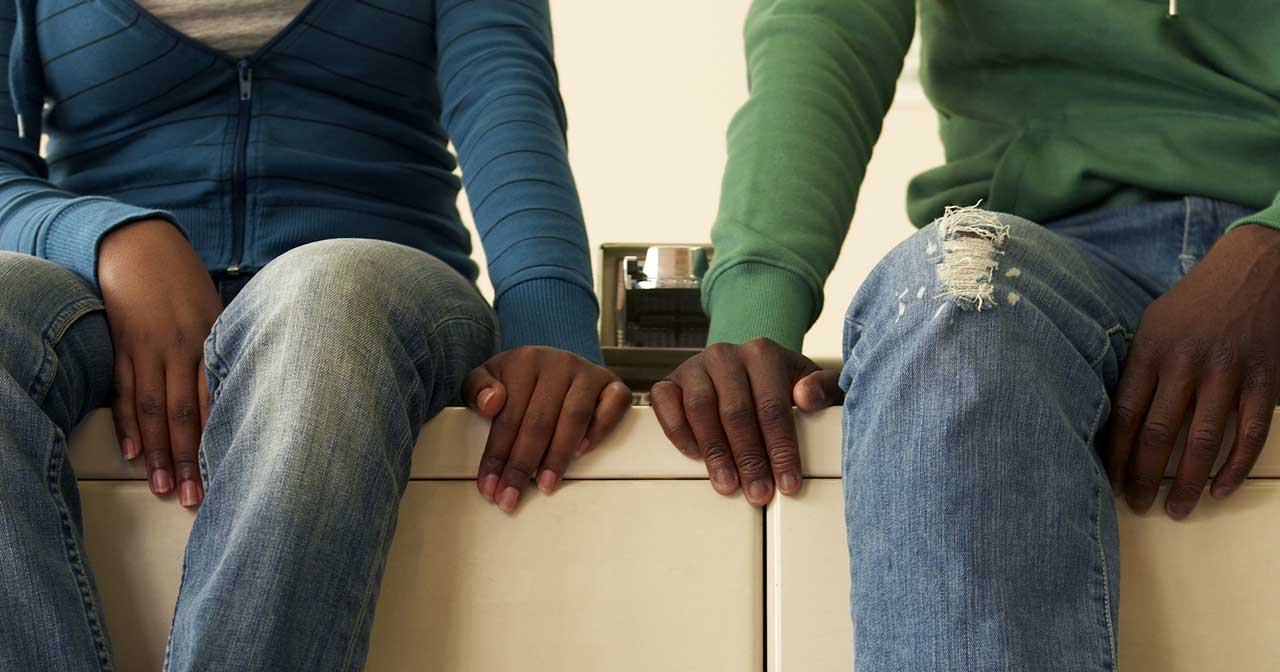Infertility is going down among U.S. women
Despite hype to the contrary, that biological clock might not be ticking as fast as you thought...

The National Survey on Family Growth (NSFG) collects all kinds of information on U.S. women, including what kind of birth control they use. It also asks women and men about their experiences with infertility. For men, it asks whether they might have difficulty fathering a child. For women, the survey defines infertility as 12 months of unprotected sex without a pregnancy.
The survey didn’t find any relationship between women’s education, partner status, and income and infertility. Not surprisingly, age was related. As we’ve noted before, the survey found that few folks under age 30 are having problems getting pregnant when they want to.
Among women who’d had unprotected sex for 12 months:
Only 3.7% of those aged 15-24 hadn’t gotten pregnant yet.
It was 5.6% of women aged 25-29,
And 4.6% of women aged 30-34.
Among guys:
Only 3.3% of 15-24-year-olds may have had low fertility.
It was 4.4% of those 25-29,
And 6.8% of those 30-34.
And now, the really interesting part.
Even though couples are having kids later in life than ever before, infertility actually declined from 8.5% in 1982 to 6% in 2006-2010 for women of all reproductive ages (15-44). For men, about the same proportion (5%) have reported that they may have difficulty fathering a child since they started measuring in 2002.
In other words, contrary to popular biological-clock-mania, the fraction of women having problems getting pregnant has gone down in the last three decades. Maybe ladies can have it all after all. In the meantime, birth control!
How do you feel about this article?

Heat up your weekends with our best sex tips and so much more.